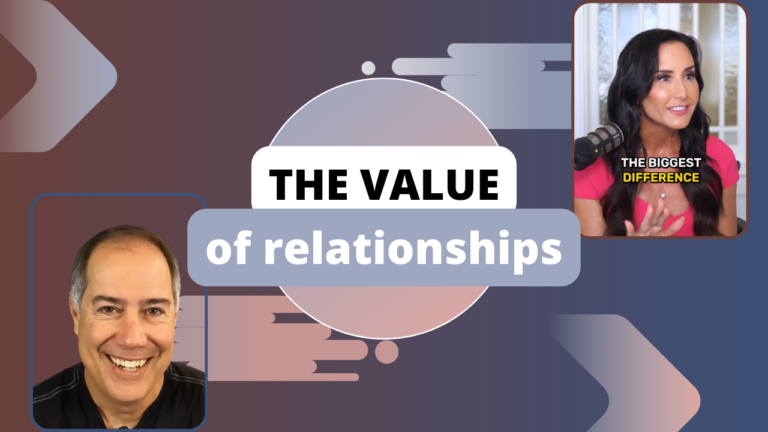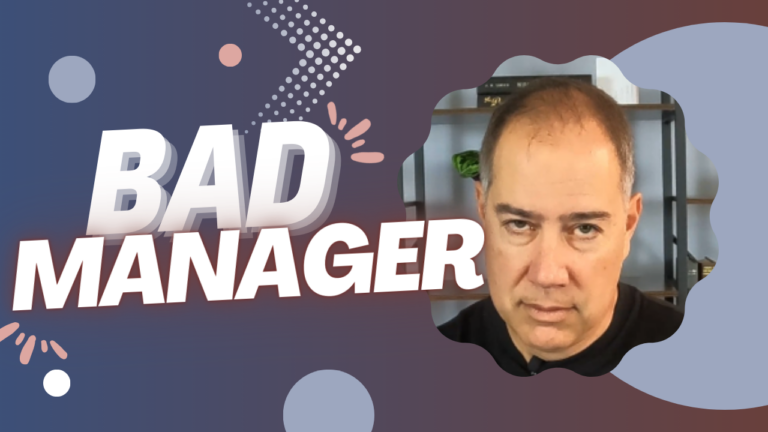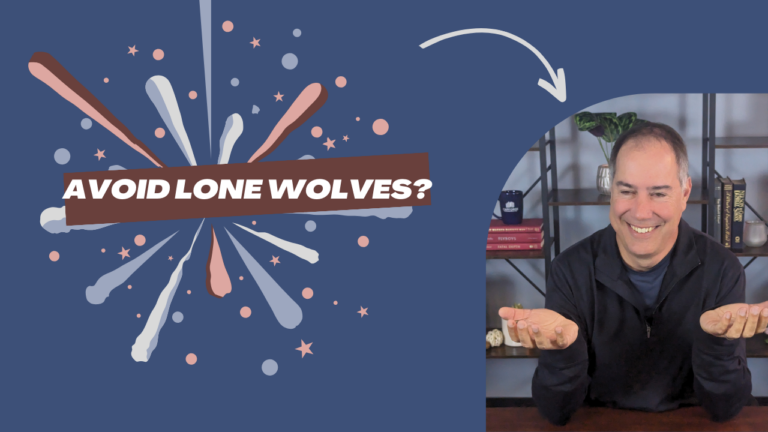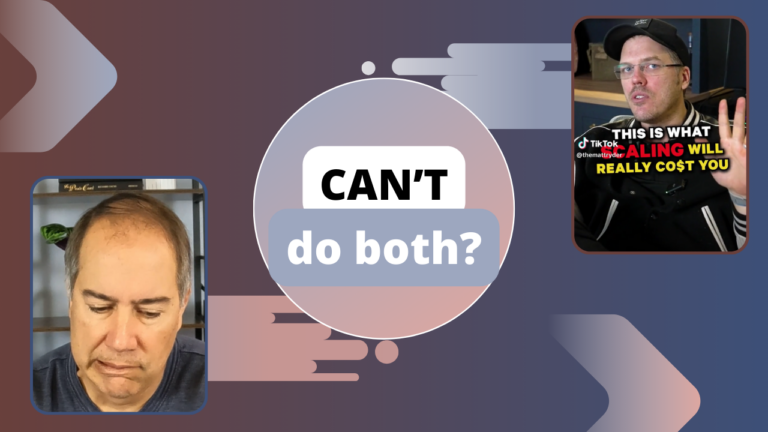Entrepreneur’s Quitting, Perseverance and Sunk Cost
When you get into the world of entrepreneurship you are constantly bombarded with stories of amazing tenacity and never-say-die spirit that carry people to success. Everyone will tell you that there is no get-rich-quick and most overnight successes are normally ten years in the making.
The good news is this can really help sustain you when things seem to be going badly and your motivation is in the gutter.
But the bad news is sometimes this can sustain you when you really should pivot or quit and try something else.
Everyone loves to tell the story of Edison and his 10,000 tries at the lightbulb before he found one that worked. They mean to inspire you to not quit and keep going even in the face of adversity. They want to encourage you not to listen to the naysayers who are trying to hold you back and keep on marching forward.
But sometimes you’re marching towards a brick wall that simply isn’t going to give way.
How do you know? And doesn’t all that time and effort and destruction you’ve left in your wake so far count for anything? Shouldn’t you keep going just to make all that worth the sacrifice?
Well, no.
There are two concepts to consider here. Let’s look at them both and then hopefully you can make better decisions about when to stick with something and when to go another direction.
How to Know When to Keep Going and When to Quit as an Entrepreneur
If entrepreneurs were easy quitters they wouldn’t be entrepreneurs in the first place.
But that said, if you’re looking to minimize risk and maximize your success – which is another thing entrepreneurs try to do – then banging your head against an immovable object is not a good way to get there.
The first thing to consider here is sunk cost.
Basically – it’s the time, money, and emotional energy you’ve already spent on something that you can’t unspend and you can’t get back. It’s everything that happened until today.
The problem is, it often factors way, way too much into the decision to keep going. And the point is, it shouldn’t.
Every day is a new day and nothing says you have to keep going down the same road you were on yesterday except habit and the idea that everything you’ve done so far already will be a waste if you change course.
This is how sunk cost gets you. If you think about it as a loss, it seems too big to give up but if you keep going and somehow turn things around it will all be worth it. The longer you go, the bigger the loss if you walk away.
But then again, the bigger the loss if you don’t walk away now and it never works out.
The thing to remind yourself is what happened yesterday – what you spent, what you thought, and what you did, shouldn’t impact your decision about today. If you realize it’s a bad idea today, just because you thought it was a great idea yesterday, doesn’t matter.
The sooner you quit and try something else the sooner you will get to the actual success.
It’s not easy but realizing each day you have the freedom to decide to stop and do something else is empowering. If it’s still the right decision then keep going. But if you come to the conclusion you’re not on the right path, it’s only OK to change direction, it becomes foolish not to.
Understanding that the sunk cost up until right now is not binding on your next move is the best way to avoid trapping yourself on a path that won’t ever work out but you can’t seem to move away from to save yourself.
Perseverance is the other part of the equation and a very necessary ingredient for an entrepreneur. You must always look for a way to get where you want to go even when it seems like there are nothing but barriers thrown up in your way. You have to get creative to keep moving forward even if it means going over, under, around, or through the thing trying to stop you.
But sometimes in the short-term effort of getting to the next hurdle and the next you lose sight of the goal and the real reason you wanted to do this in the first place. Or maybe the path never made sense for the goal you really wanted.
So to keep your perseverance strong but make sure you’re on the right path, you’ve got to continuously evaluate what you really want to achieve and if you’re on the right path. And you should be seeing wins as much as you are seeing hurdles or you may be off track or not pursuing something that you can really achieve.
This is why you also see entrepreneurs encouraged to “fail fast” so you minimize those sunk costs and keep yourself moving toward a good outcome even if it’s not the one you started aiming for in the first place.
Don’t keep going if there is a better way to get where you want to be. Sometimes people pursue the wrong goal because they concentrate on a version of what they think it should look like rather than realizing there are many ways to end up where you want that satisfy why you wanted to get there in the first place.
The takeaway for this is to have a clear goal that includes the “why” not just the “what”, be ready to pivot if needed and not stubbornly stick to just one possible path, and not let past decisions and investments dictate the way forward. Persevere, but in a smart way not just a bullheaded, foolish way.
I am positive, if after just a few tries, someone had told Edison to vacuum out the air out from his light bulb instead of testing 9,995 more variants of filament he would have gladly switched tacks. That’s the Edison you want to be, not the one who had to find ten thousand ways to fail first.
I am also positive that as a smart entrepreneur, you don’t let yourself get railroaded by a fear of your sunk costs or the myth of perseverance overcoming all obstacles.
A smart entrepreneur knows about both of those traps and steps neatly around them just like every other hurdle on the path of their success.








